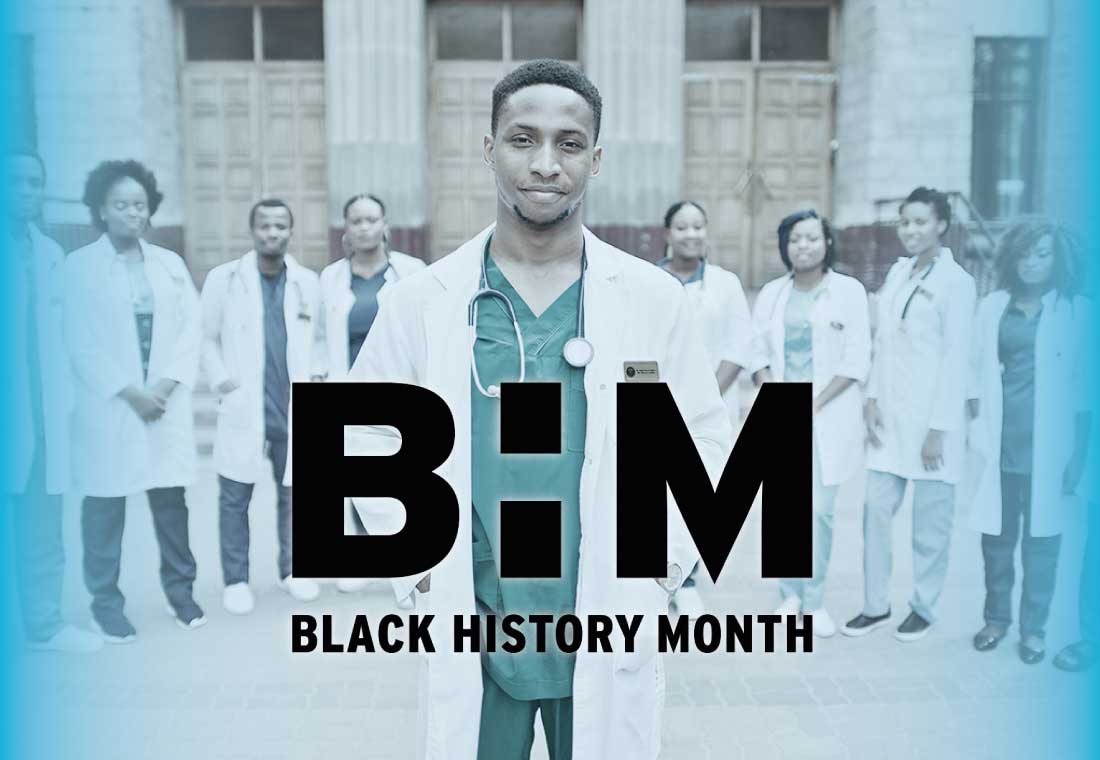Why is it important to recognise Black healthcare pioneers?
October marks the start of Black History Month in the UK. Black History Month aims to bring to light the stories and legacies we may not have been taught at schools because of historical white-washing.
In light of the COVID-19 pandemic, it is more important to recognise the importance of medical practitioners, including Black healthcare providers and pioneers. In the UK, people of African and Caribbean descent have and continue to make an invaluable contribution to our lives and our NHS. These contributions not only make Britain a stronger, but a more diverse and inclusive place.
Black History Month not only allows us to celebrate the achievements of black healthcare pioneers that have changed our medical institutions for the better, but also to acknowledge health disparities facing Black communities both in the UK and abroad.
We want to amplify the lasting impact and immense sacrifices British Black healthcare trailblazers have made to help build our institutions and build a more equitable healthcare system here in the UK.
When did Black History Month begin?
Black History Month has its roots in ‘Negro History Week,’ which was first celebrated in the United States in February by notable historian Carter G. Woodson. Woodson is widely regarded as the ‘father of Black history’ for his role in establishing the field of African American studies.
‘If a race has no history it becomes a negligible factor in the thought of the world, and it stands in danger of being exterminated,’ Woodson is quoted as saying. This is because Woodson believed it was important not only to provide people with an honest portrayal of the trials and tribulations of Black Americans, but also to celebrate the achievements and contributions that are often forgotten or ignored by society at large.
The month of February was selected by Woodson for the week-long observance as it coincided with the birthdates of civil rights campaigner, Frederick Douglass, and former United States President, Abraham Lincoln. Both Douglas and Lincoln played a significant role in abolishing slavery.
In 1976, the week-long event became Black History Month after former United States President, Gerald Ford, officially recognised the month of February to ‘seize the opportunity to honour the too-often neglected accomplishments of Black Americans.’
In the UK, Black History Month is observed in October. It was first established by Ghanaian activist, Akyaaba Addai-Sebo. It is widely reported that October was chosen because it coincides with the start of the academic year, in the hopes that the UK’s youth would be more inspired and receptive to learning about Black history after coming back refreshed from their summer holidays.
Who are some of Britain’s most significant Black healthcare pioneers?
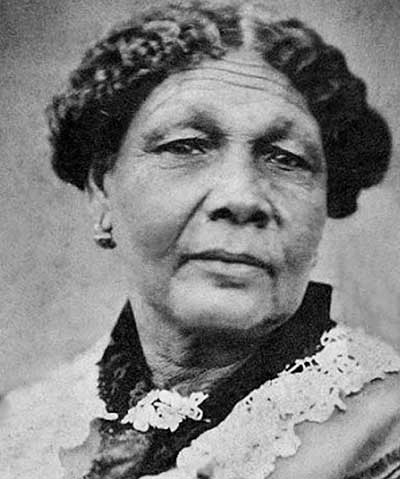 Mary Seacole
Mary Seacole
Mary Seacole was a British-Jamaican nurse in the 1800s. Before moving to England, Seacole was a healer in Jamaica. During the Crimean War, Mary asked to be deployed as an army nurse to tend to wounded soldiers. Seacole’s application was refused, compelling her to make the decision not just to travel on her own, but to fund the journey herself.
She founded the British Hotel. There, Seacole provided wounded soldiers with a place to heal and recover from the injuries and trauma they sustained on the battlefield.
Seacole frequently visited the battlefield, where she used a combination of European medical practices and Jamaican herbal remedies to treat the injured soldiers. Seacole’s dedication and devotion led her to be nicknamed ‘Mother Seacole’ by the officers.
Although Seacole received levels of acclaim similar to Florence Nightingale, her story was largely forgotten for decades after her passing in 1881. In fact, Britain, its institutions and schools did not begin to acknowledge her accomplishments until 1973, when a group of Caribbean nurses located her grave in London.
Following a nationwide poll in 2003, Seacole was declared the Greatest Black Briton. Above all, Seacole’s life and accomplishments are now part of the UK’s national curriculum. This means that her importance, not only as a black healthcare trailblazer, but as a nurse regardless of race, is being passed down from generation to generation through education.
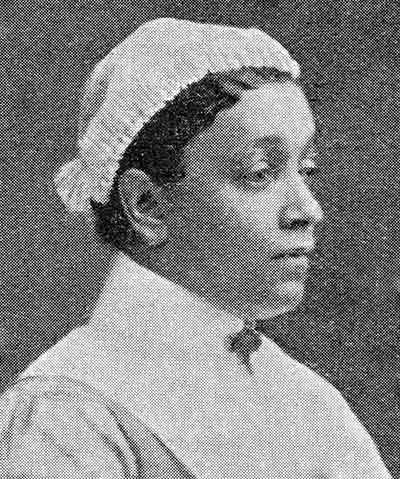 Annie Brewster
Annie Brewster
Annie Brewster was born in Saint Vincent. Brewster travelled to the UK with her family in the 1860s, where they settled in South London.
Brewster began working as a nurse at the London Hospital in Whitechapel, where she received a promotion as the head nurse in the Ophthalmic wards. Brewster was known for her expertise and dedication to treating elderly patients who were losing their eyesight. This led to being known as ‘Nurse Ophthalmic.’
Records indicate that Brewster was one of the first Black nurses to work in Britain during this period. Brewster was a beloved figure in the hospital, who was able to navigate the prejudice and inequality of British society at the time with her exceptional skill and kindness for others.
As part of the NHS’ 70th anniversary in 2018, Brewster’s contributions to British healthcare were acknowledged when her photograph was projected onto the former Royal London Hospital building façade.
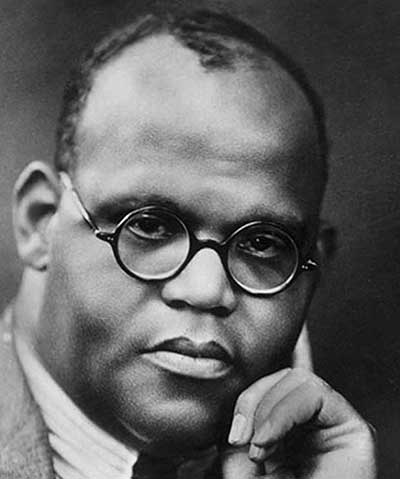 Harold Moody
Harold Moody
Doctor and civil rights activist, Harold Moody, was born in Jamaica. Moody graduated at the top of his class from King’s College London in 1910. Despite this achievement, Moody was unable to secure employment because of the discrimination he faced due to his race.
Instead of becoming discouraged, Moody founded his own medical practice in South London. Moody played a significant role in the support and organisation of the local community during World War II. Moody is credited by historians as the ‘first doctor on the scene’ after parts of South London were heavily bombed during the Blitz.
Aside from his work as a medical practitioner, Moody advocated for overturning the Special Restriction Order of 1925. For years, this order resulted in thousands of British citizens of colour being fired.
Moody’s activist work grew when he set up the League of Coloured People (LPC), which sought to end racial discrimination in housing, workplaces, and local establishments. The LPC also concentrated its efforts on fostering better race relations in Britain. Although Moody’s passing led to the LPC losing some of its influence, it is undeniable that its legacy is still felt in British society today. In 2003, Moody was honoured as one of the ‘100 Greatest Black Britons’ in a nationwide vote.
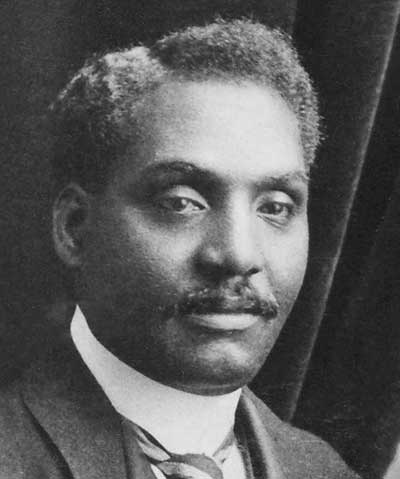 John Alcindor
John Alcindor
John Alcindor was a physician and civil rights advocate during the First World War. Born in Trinidad, Alcindor moved to the UK after receiving a scholarship to study medicine at Edinburgh University.
After his graduation, he worked in several hospitals around London, after which he established his own practice in Paddington. Despite his extensive experience, Alcindor was rejected by the Royal Army Medical Corps because of his race.
Alcindor, however, remained undeterred and continued in his pursuit to help wounded soldiers and those in need. Alcindor joined the British Red Cross as a volunteer, where he treated soldiers at London railway stations. The British Red Cross later awarded Alcindor a medal for his life-saving work.
Alcindor carried out ground-breaking research on influenza, cancer, and tuberculosis. Alcindor also spent a significant portion of his career investigating the correlation between poverty, food quality, and poor health. Alcindor’s work is widely considered as one of the key foundations of research of this kind today.
 Juliana Ansah
Juliana Ansah
Juliana is the Director of Black Leaders in Healthcare. This is a community of over 300 healthcare professionals that are dedicated to empowering and mentoring future Black leaders in healthcare.
Although the NHS is one of the biggest employers of people from diverse backgrounds in Europe, the Health Services Journal reported that in 2020 around 100 NHS Trusts had no Black people acting as a senior manager.
Ansah, with over 20 years of experience in Health and Social Care improvement campaigns and programmes, works tirelessly to overcome this glaring lack of diversity. This is because inadequate representation, especially at senior levels, can lead to disproportionate levels of care and poor patient outcomes.
Ansah has advised several Mayors of London and Prime Ministers on racial diversity and representation in healthcare and is now Improvement and Change Management specialist at one of the largest NHS Trusts in the UK.
We cannot understate the impact that Black healthcare pioneers have had on our NHS and other institutions here in the UK, often in the face of great obstacles and adversity.

